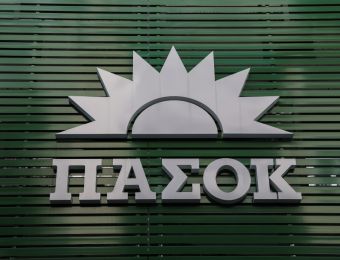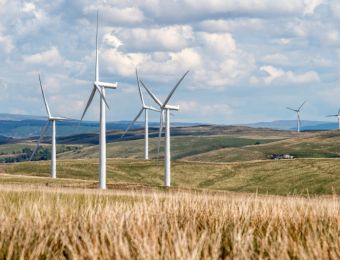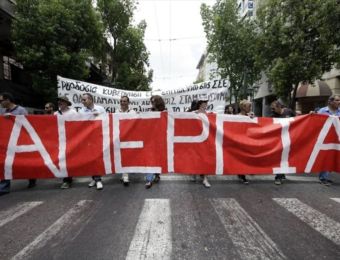Greece Among Just 8 EU Countries On Track to Reach ESR Targets

Πηγή Φωτογραφίας: Pixabay//Greece Among Just 8 EU Countries On Track to Reach ESR Targets
Greece is one of just eight countries with plans in place to meet its Effort Sharing Regulation (ESR) climate targets, according to a report by Transport and Environment (T&E).
However, T&E points out that Greece is likely to meet its ESR targets because its reduction efforts were set “relatively low at -22.7% by 2030”.
Moreover, T&E paints an overall dismal picture of the EU’s performance, finding that 12 countries will fail to comply with 2030 national climate targets, and another 7 are at risk of missing targets.
Those at risk could easily be put off-track by events such as a cold winter, which would drive up emissions.
“The vast majority of EU Member States are currently disregarding their ESR target. […] Nineteen EU countries are openly planning to miss their 2030 ESR reduction target. Only Spain, Greece, the Czech Republic, Luxembourg, Portugal, Hungary, Slovenia and Croatia currently have a plan in place to meet their target,” according to T&E.
Overall, “the EU as a whole is on track to fail the target all 27 Member States agreed upon just 1.5 years ago,” says T&E.
The situation also risks starting a bidding war over carbon credits between EU countries, that could drive up prices.
Greece, along with a few other countries like Spain and Poland, are in a position where they can potentially sell carbon credits to the EU’s underperforming countries.
However, T&E notes that countries like Germany and Italy are expected to rack up such a substantial deficit that they will “eat up all the available surplus in the EU”.
T&E’s Proposals
The research highlights that there are six years left for the EU to meet its targets, but this cannot be achieved without a significant course correction and new approach. Its four proposals include:
- Don’t have EU countries focus on transferring billions to their neighbors in carbon debt in each Member State’s National Energy and Climate Plans (NECPs). Instead spend that money on improving the lives of citizens through measures like insulating homes.
- Create an EU-level gap-closing action group to develop new policies for the ESR.
- Establish an EU-level lending facility for the new EU carbon trading scheme (ETS2)
- Encourage underperforming countries start negotiations with surplus countries, like Greece, now.
About the ESR
The ESR establishes binding annual greenhouse gas (GHG) emission targets for Member States from 2021 to 2030, in an effort to clamp down on the following sectors, which account for 60% of the EU’s GHG emissions: domestic transport (excluding aviation), buildings, agriculture, small industry, and waste.
The framework also creates a mechanism for the trading of carbon credits to help countries comply with their targets.
The ESR is part of a set of policies and measures that aim to reduce the EU’s emissions by at least 55% by 2030, compared to 1990 levels. The target is considered to be a crucial milestone for the EU to achieve climate neutrality by 2050.
Διαβάστε όλες τις τελευταίες Ειδήσεις από την Ελλάδα και τον Κόσμο






























Το σχόλιο σας